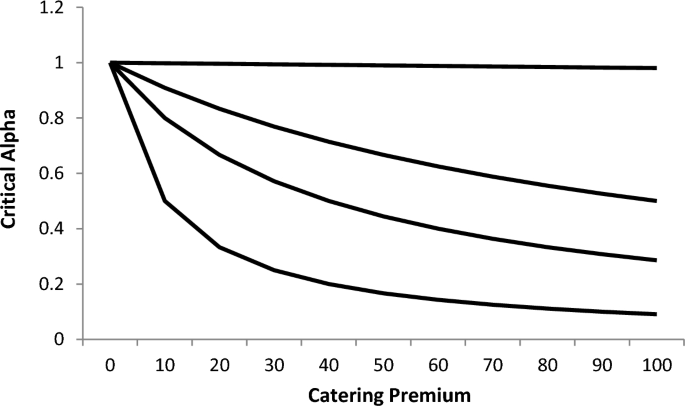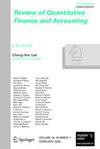What do dividend changes reveal? Theory and evidence from a unique environment
IF 1.9
Q2 BUSINESS, FINANCE
引用次数: 0
Abstract
Abstract We explore the reasons behind corporate dividend changes and factors driving those changes during 2001–2021 in Oman, as a unique environment. The implications of our paper contrast with the relevant existing literature which demonstrates a positive correlation between dividends and stock prices in Oman, in support of the signaling theory. Employing multiple methods and after controlling for the nonlinearity in the profitability process, we find virtually no evidence for the signaling theory of dividends for dividend reductions, in terms of future earnings. Furthermore, our analysis affirms the importance of current profitability in influencing the magnitude of and the propensity to change (increase or decrease) dividends in listed Omani firms. We also find that the catering theory of dividends does not have any explanatory power on dividend changes. Further, firms’ life-cycle status and real investments have been found to significantly affect the decision to change dividends. Our results, which depart from the findings in the conventional literature, can be attributed to the distinct institutional features in Oman. Our game-theoretic model of dividend signaling/dividend catering provides some explanations.

股息变化揭示了什么?理论和证据来自一个独特的环境
我们探讨了2001-2021年阿曼公司股息变化背后的原因以及推动这些变化的因素,这是一个独特的环境。我们的论文的含义与相关的现有文献对比,证明了阿曼股息和股票价格之间的正相关关系,支持信号理论。采用多种方法并控制了盈利过程中的非线性后,我们发现就未来收益而言,股息减少的信号理论几乎没有证据。此外,我们的分析肯定了当前盈利能力在影响阿曼上市公司股息变化(增加或减少)的幅度和倾向方面的重要性。我们也发现股利迎合理论对股利变动没有任何解释力。此外,公司的生命周期状态和实际投资已被发现显著影响改变股息的决定。我们的结果与传统文献中的发现不同,可以归因于阿曼独特的制度特征。我们的股利信号/股利迎合博弈论模型提供了一些解释。
本文章由计算机程序翻译,如有差异,请以英文原文为准。
求助全文
约1分钟内获得全文
求助全文
来源期刊

Review of Quantitative Finance and Accounting
BUSINESS, FINANCE-
CiteScore
3.20
自引率
17.60%
发文量
87
期刊介绍:
Review of Quantitative Finance and Accounting deals with research involving the interaction of finance with accounting, economics, and quantitative methods, focused on finance and accounting. The papers published present useful theoretical and methodological results with the support of interesting empirical applications. Purely theoretical and methodological research with the potential for important applications is also published. Besides the traditional high-quality theoretical and empirical research in finance, the journal also publishes papers dealing with interdisciplinary topics.
 求助内容:
求助内容: 应助结果提醒方式:
应助结果提醒方式:


